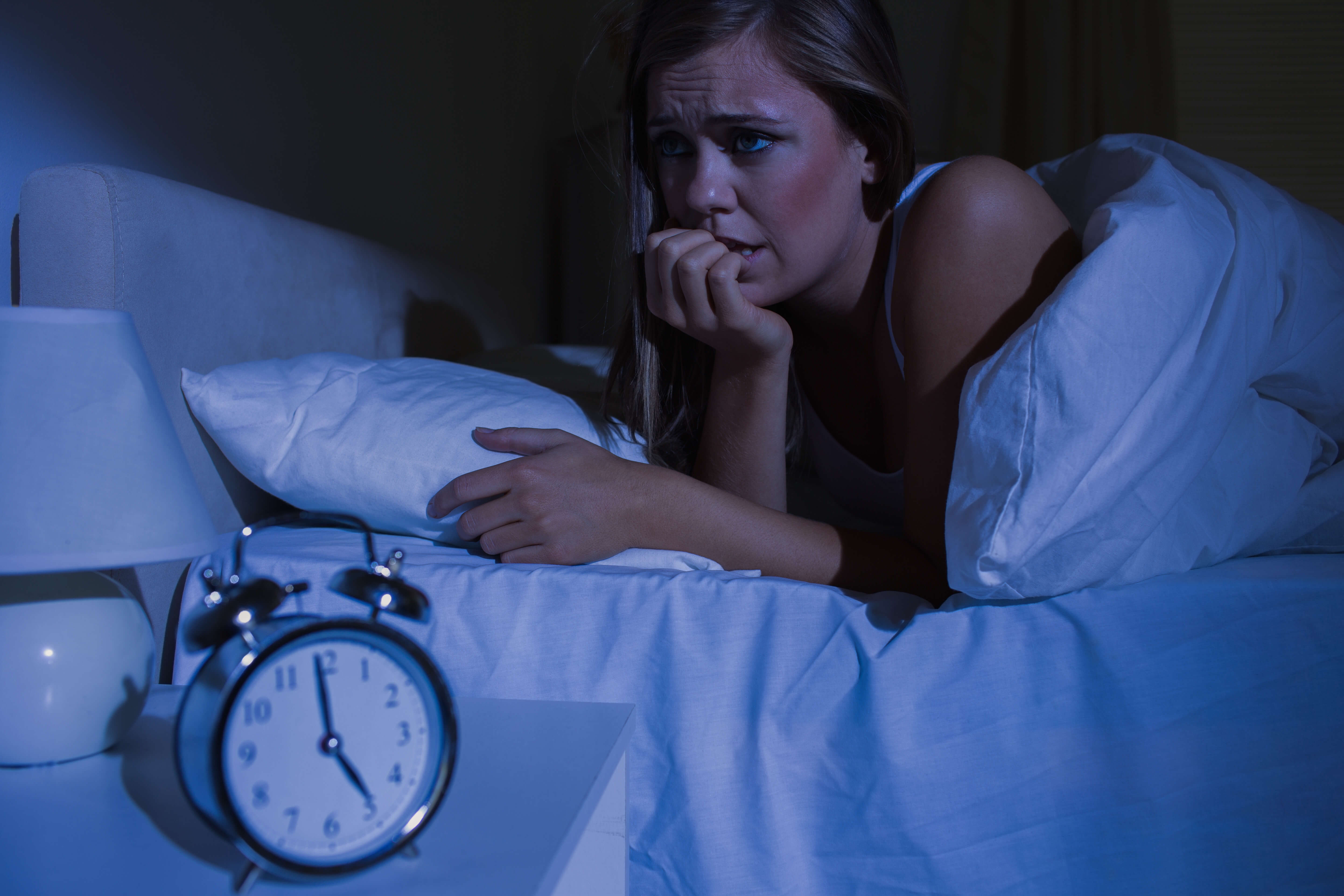5 Symptoms of Depression to Look Out For
Last Updated on May 6, 2024 by TYHO Team

Depression is a type of mood disorder that may appear suddenly or due to personal loss. Depression symptoms include hopelessness, emptiness, worthlessness, pessimism, guilt and shame.
Chronic depression also affects concentration, attention span, recall abilities, social relationships, work performance, and aspects of daily functioning.
According to WHO, nearly 264 million people around the world have depression.
This article covers 5 major depression symptoms to look out for.
Counsellors may check for depression symptoms that are recurrent, severe, and indicate psychotic features (ie loss of connection with reality).
The diagnostic criteria for depressive disorders include:
The symptoms of depression may manifest differently among different racial and ethnic groups.
For example, research shows that non-white people may have more pervasive and severe symptoms of depression and are frequently underdiagnosed or misdiagnosed.
Depression has many symptoms, but we will share the most easily identifiable ones. If you experience the below symptoms for most of the day and more than 2 weeks, depression counselling in Singapore can help you.

On the one hand, depressed people may notice signs of worthlessness and emptiness through self-reflection.
On the other hand, loved ones may observe signs such as ‘being tearful’, responding to events with outbursts, or being pessimistic about regular activities (eg believing that today will be the worst day).
A common way people describe their depression is through a metaphor called ‘down in the dumps.’
Sometimes, people tend to deny that they are sad but may show implicit symptoms of depression. These could include:
In contrast to adults, children who are depressed may show signs of irritability or a ‘cranky’ mood. The irritability caused by depression may differ from that caused by typical frustration.
Singapore’s well-known actor, Adrian Pang, suffered from depression and could not function.
Pang found it hard to control his emotions, struggled to get out of bed, and felt so crippled by his depression that he was unable to move normally (ie catatonia).
In a piece in The Straits Times, he mentioned his desperate need for validation. Pang also mentioned spiralling with existential questions like “what if” and “if only”.
The signs Adrian Pang showed strongly related to the symptoms of depressed mood.
While some people may struggle to get out of bed, others may struggle with uncontrollable anger and irritability.
“Seek help. There’s nothing to be ashamed of.” – Adrian Pang.
Brain fog refers to diminished cognitive abilities. These could include difficulties with thinking, articulating, concentrating, deciding, or recalling.
It’s like the fuzzy feeling that makes it hard to think clearly.
Brain fog can be caused by depression or other coexisting conditions, such as chronic fatigue syndrome or GAD.
Depression symptoms and brain fog have a strong link. For instance, depression can reduce the functioning of:
When we’re having difficulty recalling or making decisions, we may suffer more from brain fog. Other signs, such as insomnia, fatigue, or, in some cases, substance abuse, could negatively affect the mental cloudiness.
Some people with brain fog may appear distracted and struggle to recollect memories. Hence, people in cognitively demanding careers may find it especially hard to cope with the depression symptoms.
If you are an employee and struggle with depression, TYHO’s Employee Assistance Program (EAP) can help you start therapy in Singapore at a subsidised rate.
Part of the reason why people feel depressed or empty is because they feel exhausted. Depression symptoms include a lack of energy and an unbearable feeling of fatigue.
Fatigue, in turn, could lead to sleep issues. The two most common types of sleep issues people face due to depression are Insomnia and Hypersomnia.
On the one hand, insomnia is finding it hard to fall asleep.
Depressed people experience ‘middle insomnia’ (ie waking up in the middle of the night and then struggling to go back to sleep) or terminal insomnia (ie waking up too early and struggling to go back to sleep).
On the other hand, hypersomnia is oversleeping.
People with depression may sleep excessively at night or even during the daytime. Hypersomnia, like insomnia, could affect one’s work or academic performance, social relationships, family dynamics, and physical health.
Sometimes, if fatigue and sleep issues are the most dominant depression symptoms, the person may seek treatment for disturbed sleep instead of depression.
However, medical doctors may guide the patient to seek depression counselling to cope with other mood symptoms.

Most people with depression have an unrealistic and negative evaluation of their worth or may be preoccupied with guilt from small mistakes.
In fact, the guilt and shame these people experience is often misplaced. Meaning that they may blame themselves for their mental illness, believe that everything is their fault, and feel shame for struggling with depression symptoms.
The fatigue people experience directly triggers their shame, as depressed people often stop living by their own values. For example, a person may strongly believe in productivity, but they may find it hard to stop procrastinating due to fatigue and may thus feel guilt and shame.
When fatigue is prevalent, people may have several unfinished tasks – unpaid bills, unfinished work projects, a messy house, or an incomplete assignment.
Due to the swamped number of tasks, people feel ashamed of not fulfilling their responsibilities. They stay under the radar about their unfinished tasks because when these tasks are revealed, so will their shame and judgement by others.
Typically, people feel a sense of achievement after finishing a task. The ‘feel-good’ emotion occurs due to the release of a neurotransmitter called dopamine.
However, the amount of dopamine released in people with depression may be insufficient.
Hence, if the person cannot feel a sense of achievement when they get something done, then this lack of feeling usually impairs their motivation and pleasure.
Ultimately, not wanting to finish a task may become a shameful secret. The shame, fatigue, and depressed mood act as a self-reinforcing loop. The loop looks like this:
Low energy -> Unfinished tasks -> Low self-esteem -> Loss of accomplishment -> shame/guilt -> low energy.
Trigger Warning: Discussions of passive and active suicidal thoughts.
Suicidal ideations are usually connected to depression. Although not everyone who is depressed may have thoughts of death, it’s important to note that suicidal tendencies can manifest in subtle ways.
For example, some people may have active suicidal thoughts (which may need immediate crisis support), while others may have passive suicidal thoughts.
On the one hand, passive suicidal tendency occurs when a person no longer finds any joy or happiness but they do not plan to take their life.
It is like a ‘back-up’ plan that they might have [in case ‘something happens’]. For example, a student with academic and family pressure who struggles with passive suicidal thoughts may say, “If I don’t pass this test, I hope I somehow die.”
Other examples include:
On the other hand, active suicidal thoughts occur when the person not only lacks pleasure and motivation but may also actively plan to end their life.
People who struggle with this depression symptom may sound like:
Samaritans of Singapore (SOS) recently published that suicide rates among Singaporean youths aged 10-29 have increased.
Research indicates that many Singaporeans avoid discussing suicide due to the belief that talking about it can trigger suicidal thoughts.
However, that is untrue. Talking about suicide can be a great starting point for:
At Talk Your Heart Out (TYHO), 80% of our clients under age 35 seek counselling for self-esteem issues.
Other issues our clients struggle with include relationship problems, workplace burnout, anxiety disorders, and depression.
We often assume that suicide happens suddenly and due to one single cause. However, the truth is that issues from several aspects of our lives could add up and push us to a breaking point.
If you are in a crisis or if anyone else may be in danger, the following resources can provide you with immediate help.

If you suspect you may have depression, consider seeking depression counselling in Singapore.
In the initial sessions, your Therapist may evaluate your presenting problems and depression symptoms through clinical interviews and observations.
Once completed, counsellors can assess your current state of mind and provide an appropriate and personalised therapeutic plan.
Visit the app.talkyourheartout.com page to find the right counsellor.
On this page, you can filter your needs based on:
Additionally, review the counsellors’ short videos and go through their descriptions and therapeutic approaches.
Reviewing and shortlisting counsellor profiles can help you gauge whether they are a good fit before booking a session.
If you are struggling to find the right counsellor, please try therapy with a second or third counsellor. Give yourself a few options and time for therapy to work.
If you need further assistance in choosing a counsellor, reach out to us at [email protected].
Different types of depression symptoms may require different treatment.
Therapy can help treat mild symptoms of depression by:
Therapists may use a combination of approaches (ie eclectic approach) to treat moderate to severe depression.
Common interventions used during counselling include:
If you are looking to start your journey towards healing from depression, consider booking a session with one of our counsellors in Singapore.